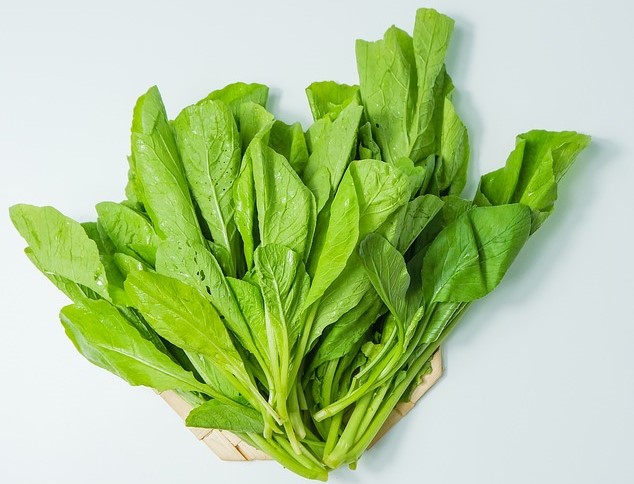Dehydrated Vegetables
Nutritious and long-lasting vegetables
Dehydrated vegetables are fresh vegetables that have been dried to extend their shelf life while retaining much of their nutritional value. They are lightweight, easy to store, and can be rehydrated for use in a variety of dishes such as soups, stews, and snacks.
Common dehydrated vegetables include tomatoes, onions, carrots, bell peppers, and spinach, all of which provide essential nutrients. Tomatoes, for instance, retain their lycopene content, a powerful antioxidant that supports heart health and reduces inflammation.
Onions are rich in sulfur compounds and antioxidants, which promote heart health and boost the immune system. Carrots, known for their beta-carotene content, support vision health, while dried bell peppers provide Vitamins A and C to strengthen immunity and improve skin health.
Dehydrated spinach offers a concentrated source of iron, folate, and fiber, which aid in red blood cell production and digestive health. Incorporating dehydrated vegetables into your diet ensures access to essential vitamins and minerals, even when fresh options are unavailable.
Dehydrated Vegetable Nutritional

Onions
Calories: 349
Carbs: 80.0g
Fats: 0.5g
Fibre: 10.0g
Vitamins: Vitamin C, Vitamin B6
Minerals: Potassium, Calcium

Garlic
Calories: 149
Carbs: 33.1g
Fats: 0.5g
Fibre: 2.1g
Vitamins: Vitamin B6, Vitamin C
Minerals: Calcium, Selenium

Ginger
Calories: 80
Carbs: 17.8g
Fats: 0.8g
Fibre: 2.0g
Vitamins: Vitamin C, Vitamin B6
Minerals: Potassium, Magnesium

Spinach
Calories: 23
Carbs: 3.6g
Fats: 0.4g
Fibre: 2.2g
Vitamins: Vitamin A, Vitamin K
Minerals: Iron, Calcium